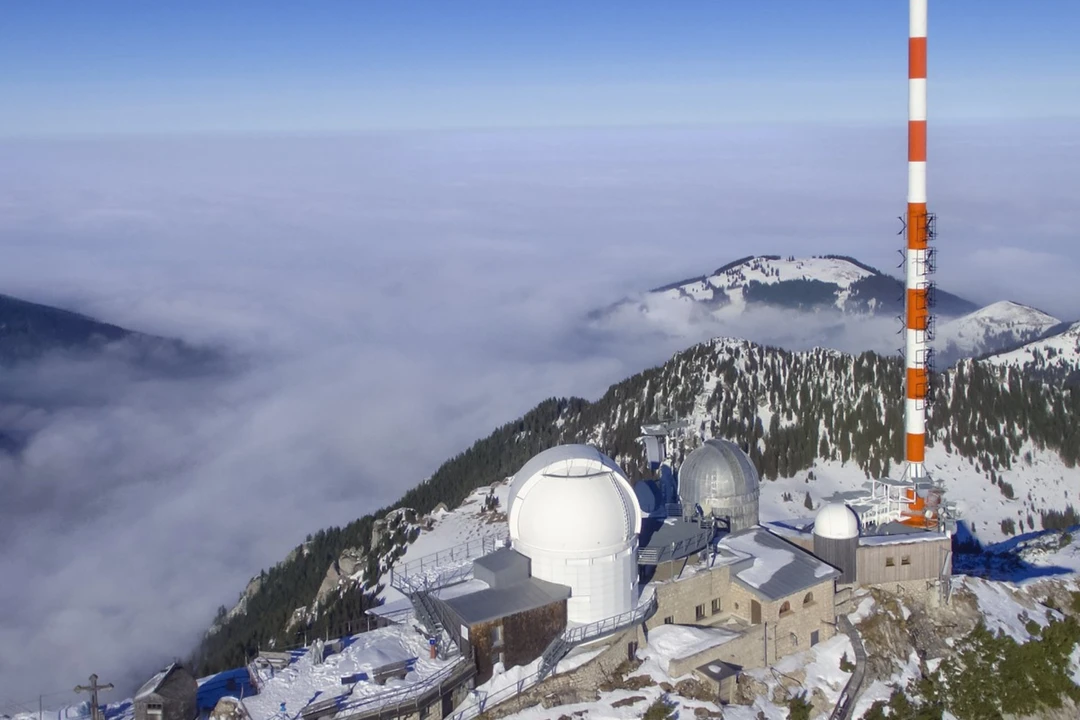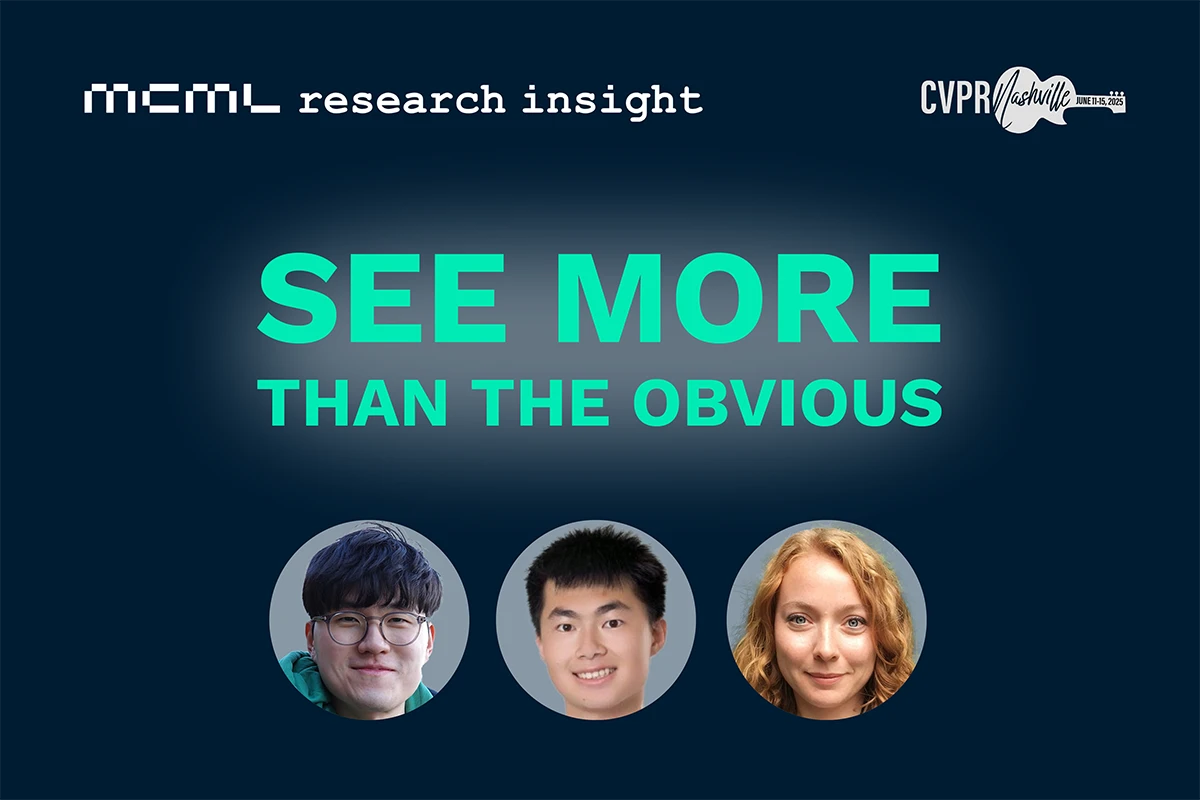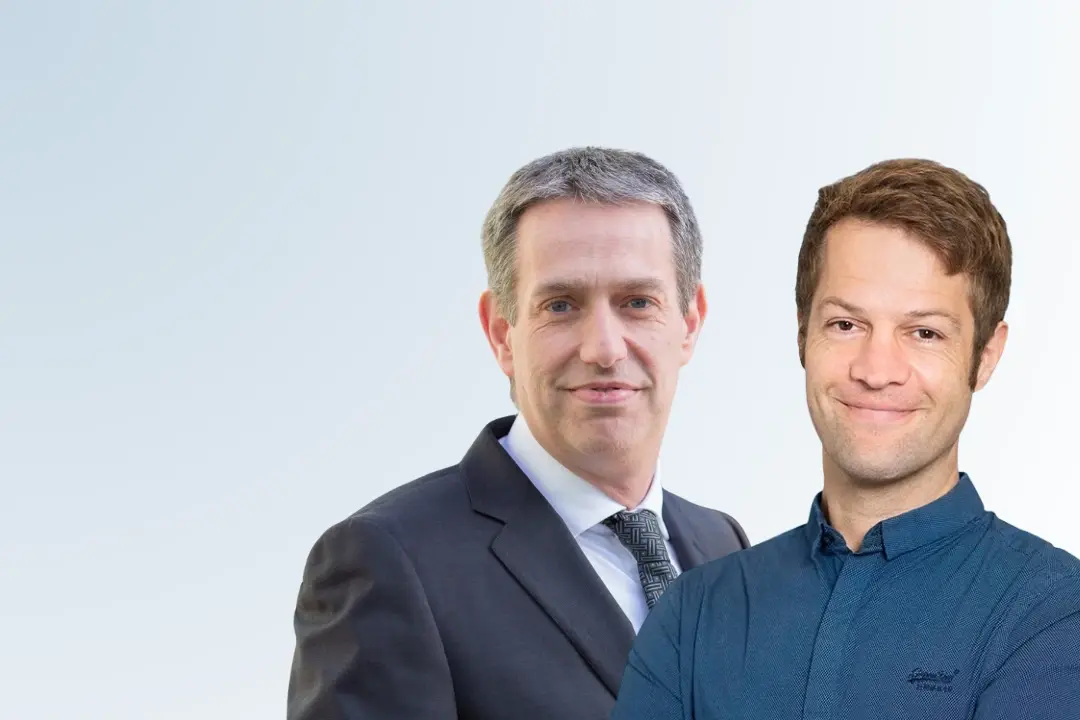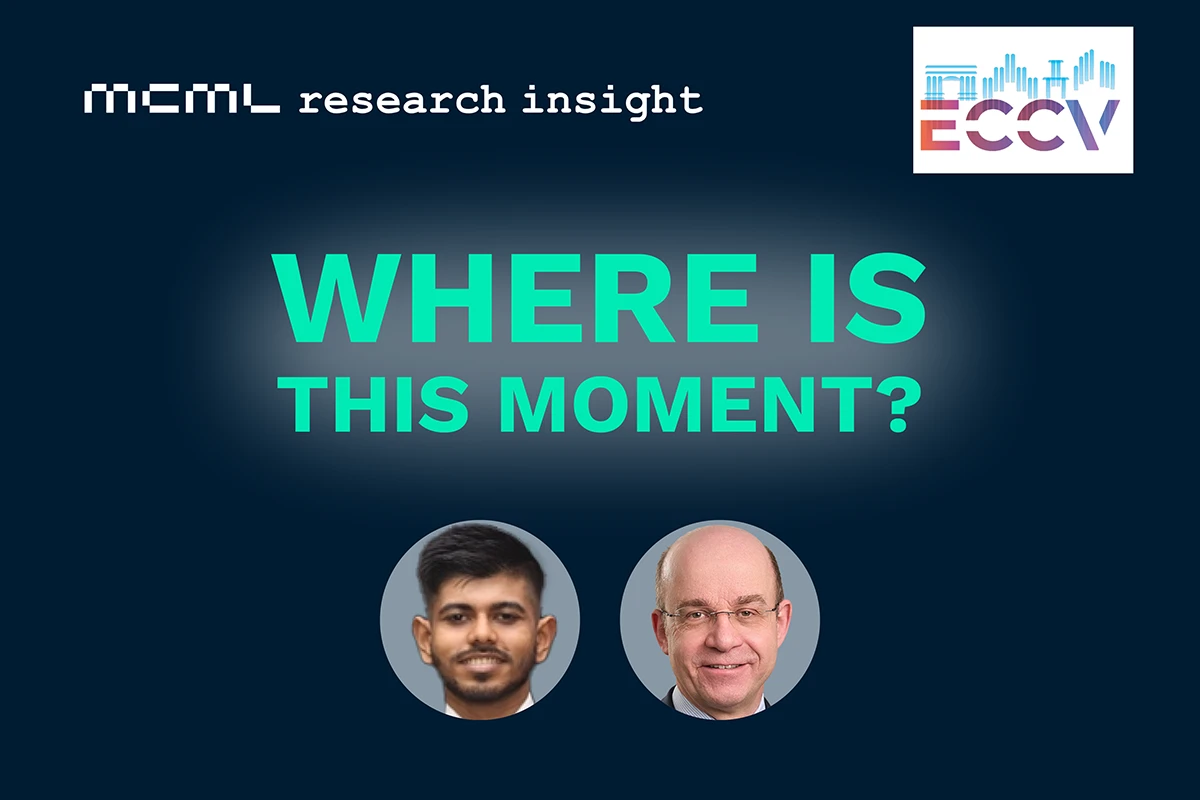15.09.2025

Robots Seeing in the Dark - With Researcher Yannick Burkhardt
Research Film
What if robots could see in the dark and react faster than any human? Yannick Burkhardt, researcher at TUM and MCML, researches event cameras that capture motion in a revolutionary way. Unlike traditional cameras that take full pictures at fixed intervals, event cameras detect every tiny change in light—up to a million times per second—and feed this data into machine learning models.
This technology allows robots to perceive their environment in real time with incredible speed and precision, even in challenging lighting conditions. Applications include self-driving cars that can navigate busy streets more safely.
This video is part of the project KI Trans, an initiative in collaboration with TüftelLab and Uta Hauck-Thum from Ludwig-Maximilians-Universität München, focused on equipping teachers with the essential skills to navigate AI in schools. The project is funded by the Bundesministerium für Forschung, Technologie und Raumfahrt as part of DATIpilot.
©MCML
Related

24.02.2026
Cosmology: Measuring the Expansion of the Universe With Cosmic Fireworks
Daniel Gruen leads LMU’s campaign on rare SN Winny to refine the Hubble constant and address the Hubble tension in cosmology.

19.02.2026
COSMOS – Teaching Vision-Language Models to Look Beyond the Obvious
Presented at CVPR 2025, COSMOS shows how smarter training helps VLMs learn from details and context, improving AI understanding without larger models.

05.02.2026
Daniel Rückert and Fabian Theis Awarded Google.org AI for Science Grant
Daniel Rueckert and Fabian Theis receive Google.org AI funding to develop multiscale AI models for biomedical disease simulation.

